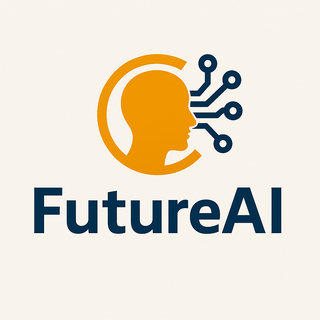🧬 Human Body Alteration in the Future: How Technology Will Change Us
As technology advances, the human body may undergo significant alterations through genetic engineering, cybernetic implants, AI-driven enhancements, and biotechnology. Future developments could help eliminate diseases, enhance physical and mental abilities, and even extend human lifespan. But how far can we go? Let’s explore.
🔹 1. Genetic Engineering & DNA Editing (CRISPR) 🧬
Scientists are already using CRISPR gene editing to modify DNA. In the future, this could lead to:
✅ Disease-Free Humans – Genetic modifications may eliminate hereditary diseases like cancer, diabetes, or Alzheimer’s.
✅ Designer Babies – Parents may be able to select physical traits, intelligence levels, and immunity strength for their children.
✅ Longevity Enhancement – By tweaking DNA, humans might live beyond 150 years with healthier bodies.
🔹 Example: Scientists have already used CRISPR to correct genetic disorders like sickle cell disease.
🔹 2. Cybernetic Implants & Bionic Enhancements 🤖
Technology may allow humans to merge with machines through cybernetic implants:
✅ Bionic Eyes – AI-powered eyes may restore sight or even enhance vision beyond normal human limits.
✅ Neural Implants (Brain-Computer Interfaces) – Devices like Elon Musk’s Neuralink could enable direct communication between the brain and computers.
✅ Exoskeletons & Superhuman Strength – Wearable robotic suits may boost physical strength for soldiers, workers, and disabled individuals.
🔹 Example: Bionic arms with AI-controlled movement are already helping amputees regain mobility.
🔹 3. AI-Integrated Brains & Mind Uploading 🧠💾
In the future, AI and neuroscience may allow:
✅ Memory Enhancement – AI-driven chips could expand brain memory and improve intelligence.
✅ Mind Uploading – The ability to upload human consciousness into computers or robotic bodies.
✅ Direct Brain-to-Brain Communication – AI-powered implants may allow humans to talk telepathically without speaking.
🔹 Example: Neuralink has already tested brain chips on animals, showing that thoughts can control external devices.
🔹 4. Bioengineering & Synthetic Organs 🏥
Medical technology may replace human organs with lab-grown or artificial alternatives:
✅ 3D-Printed Organs – Scientists are developing 3D-printed hearts, kidneys, and lungs.
✅ Lab-Grown Skin & Tissue – Burn victims or injured people may receive bioengineered skin that heals faster.
✅ Artificial Blood & Oxygen Carriers – Enhancing blood to improve endurance and survival.
🔹 Example: Artificial hearts and lab-grown liver cells are already in experimental stages.
🔹 5. The Ethical Questions: Should We Modify Humans? 🤔
While human body alteration may enhance life, it raises serious ethical concerns:
❌ Inequality – Only the rich may afford genetic or cybernetic enhancements.
❌ Loss of Humanity – If AI implants and cybernetics replace too many body parts, are we still human?
❌ Unintended Consequences – Genetic modifications could create new diseases or unpredictable side effects.
🚀 Conclusion: The Future of Human Evolution is Hybrid
The human body of the future may be a mix of biology, AI, and cybernetics. We are on the path to becoming enhanced beings, but the journey will require careful consideration of ethics, safety, and equality.



Post a Comment
0Comments